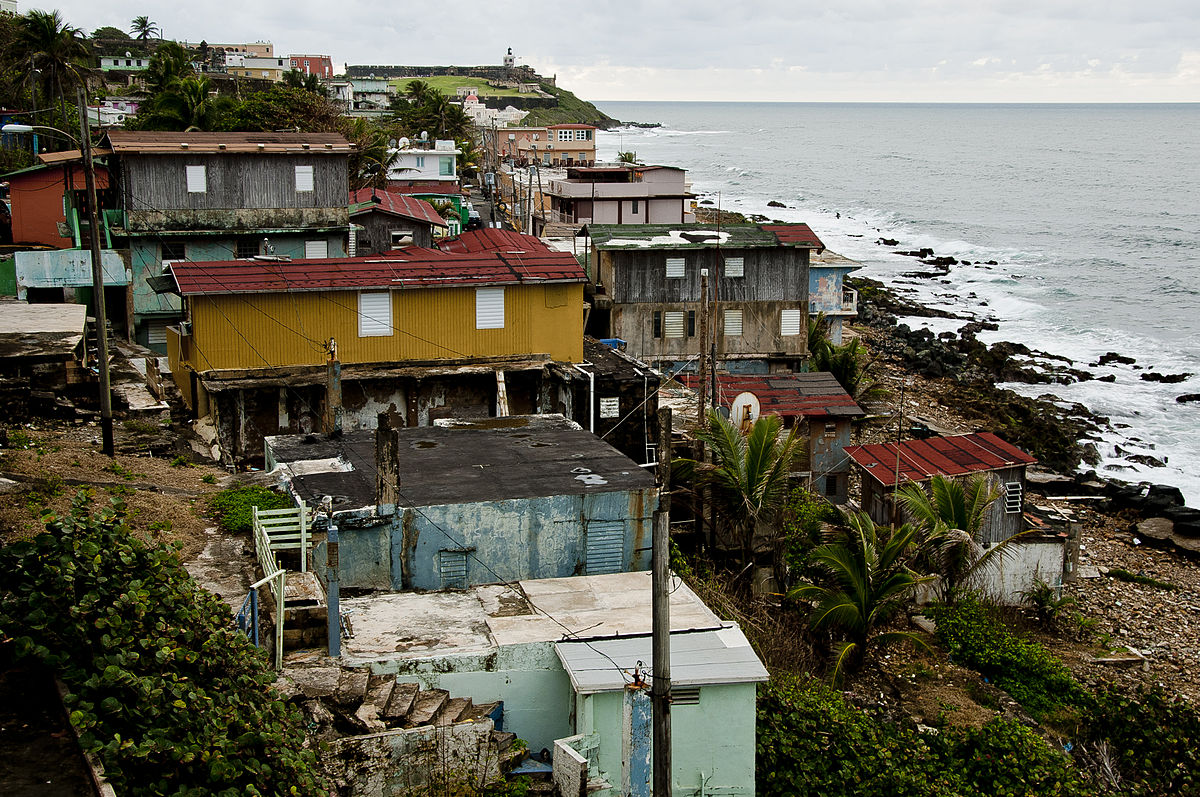Views expressed in opinion columns are the author’s own.
In the wake of Hurricane Maria, attention has once again turned to the tiny island of Puerto Rico. Known for its lush beaches and tropical rainforests, most mainland Americans tend to think of the U.S. territory as a place to vacation or have a destination wedding. However, now that hurricane destruction has dominated the news, Puerto Rico finds itself back in the spotlight.
With damage estimates ranging from $30 billion to an astounding $95 billion, the economic toll of the storm on Puerto Rico’s economy is certain to be devastating. Already boasting an unemployment rate of 10.1 percent as of August of this year, Puerto Rico has been struggling economically, and the damage caused by Maria could spell financial disaster. But in the past few weeks, financial difficulties have been the least of Puerto Rico’s problems.
Following Maria’s fallout, many have criticized the federal government’s relief effort. While the federal government eventually sent aid, and FEMA continues to work damage control on the ground, Puerto Rico’s infrastructure remains in shambles, impeding resource distribution throughout the island. After effectively declaring a form of bankruptcy in April, it’s unlikely that Puerto Rico will have the means to build itself back up again without significant outside help — and the U.S. government seems hesitant to fulfill its obligation to the territory.
Because it’s a U.S. territory, Puerto Rico doesn’t enjoy the full perks of U.S. statehood. Residents can only vote in primary and congressional elections, but not the presidential election. They also don’t receive full benefits of all federal programs; residents of the island don’t pay personal federal income tax for work performed in Puerto Rico. Thus citizens only have access to certain federal programs, such as a weakened and more restrictive version of Medicaid. They are likewise denied access to Supplemental Security Income despite paying into Social Security.
Article IV, Section 3 of the Constitution states, “Congress shall have the power to dispose of and make all needful rules and regulations respecting the territory or other property belonging to the United States.” This means that, even though about 61 percent of Puerto Rican voters favored statehood over the status quo in 2012, Puerto Rico is still at the whims of a system which is content to push its needs aside until it’s convenient.
Hawaii, which came under U.S. territorial control in 1898, the same year as Puerto Rico, became a state in August 1959. And while Puerto Rico is behind the curve, what’s stopping the federal government now that the people have spoken?
Hurricane Maria brought attention to a failing system: Puerto Rico’s status as a territory just doesn’t make sense anymore. The 2010 U.S. census revealed 4.2 million Puerto Ricans currently reside in the U.S. mainland — more than the number residing in Puerto Rico itself.
With the recent financial struggles of the territory, which will only be exacerbated by the effects of Hurricane Maria, our government should reconsider exactly what it owes to its Puerto Rican citizens.
For a country with a history of resisting taxation without representation, continuing to keep Puerto Rico as a territory is counterintuitive to the American spirit. The fact that most Puerto Ricans live on the mainland, contribute to U.S. culture and pay the appropriate taxes makes the plight of Puerto Rico even more wrong. Puerto Rico deserves the respect, political representation and economic benefit U.S. statehood provides.
Caitlin McCann is a sophomore communication major. She can be reached at caitlinmccann32@gmail.com.



